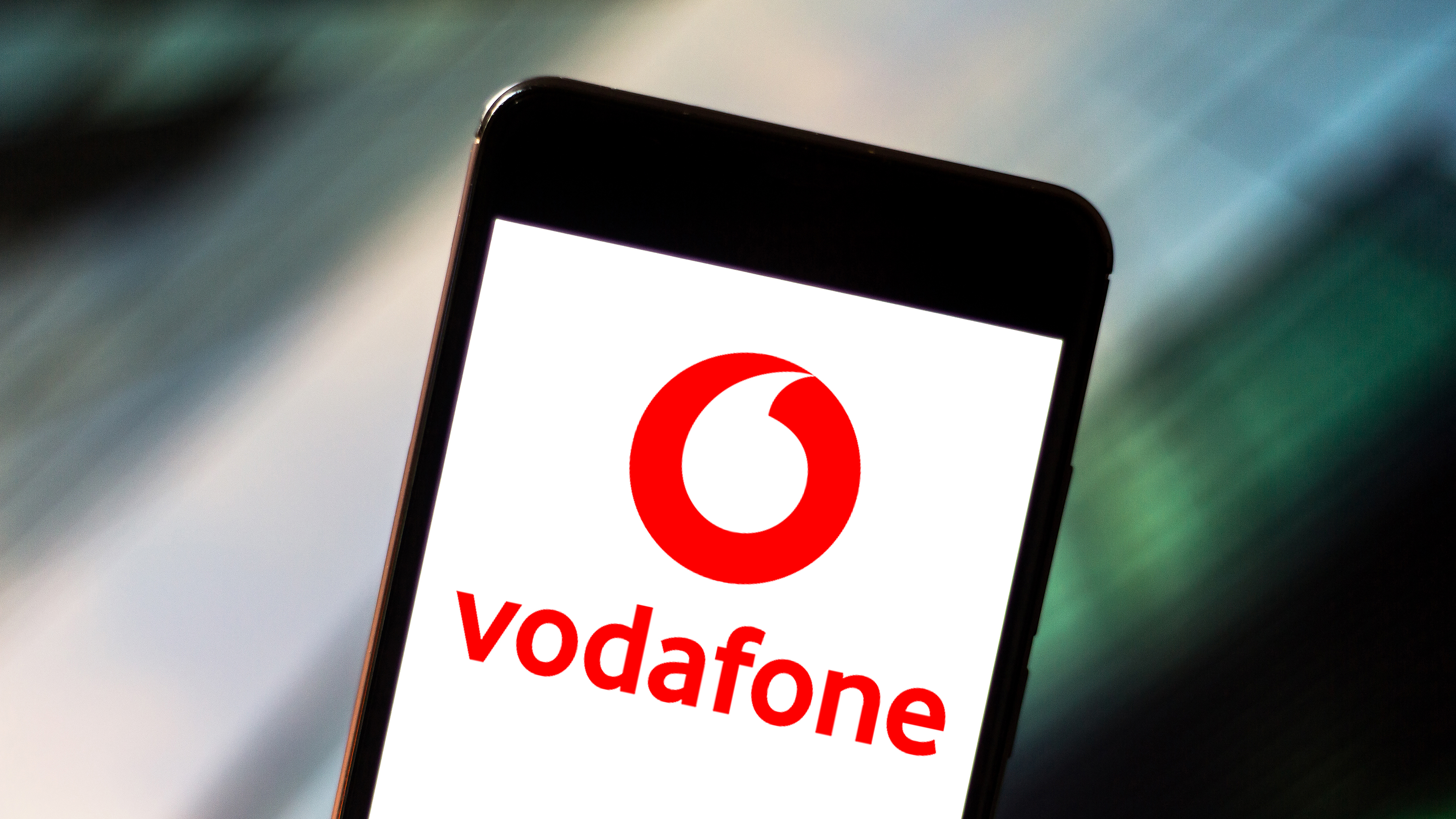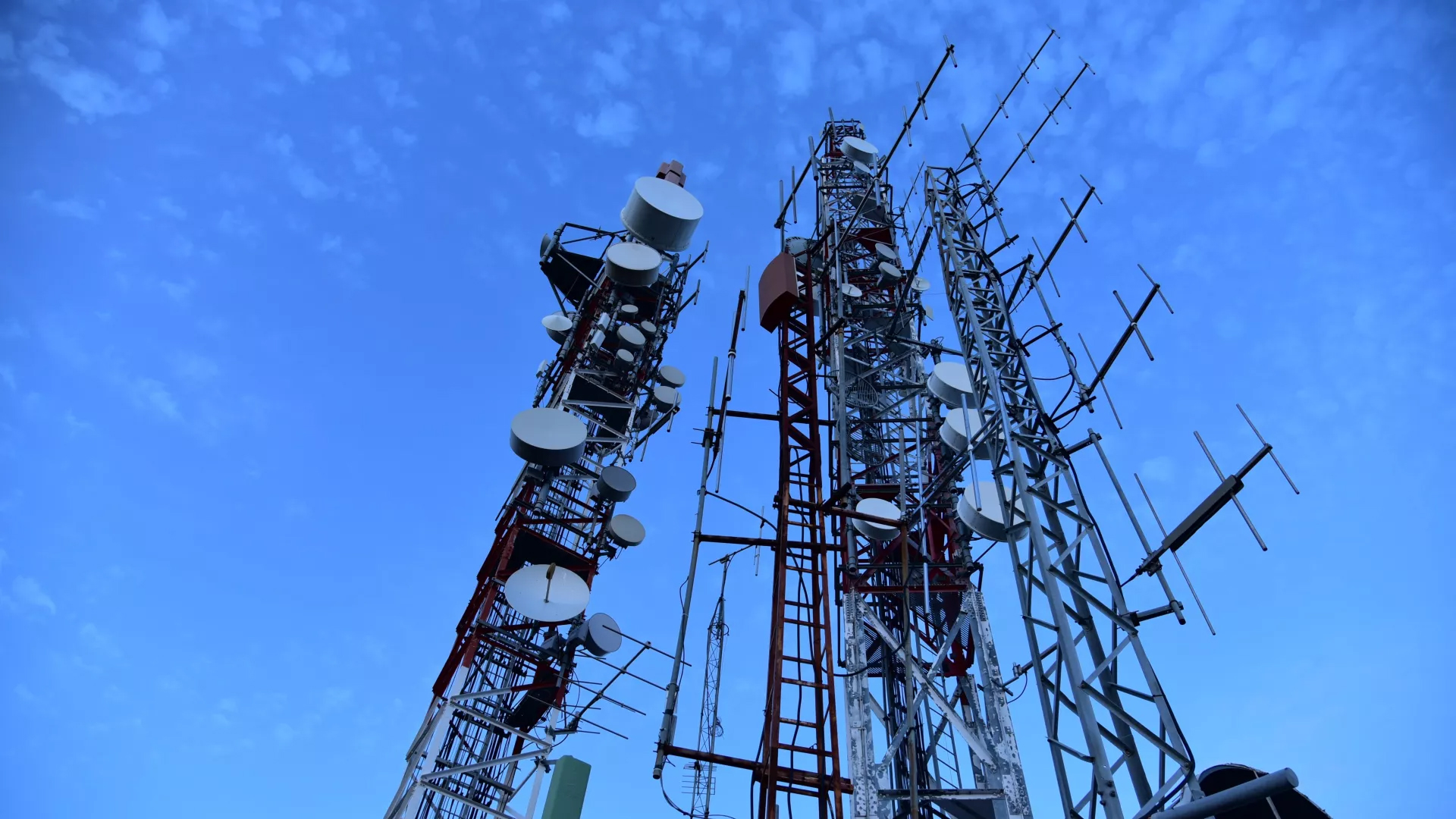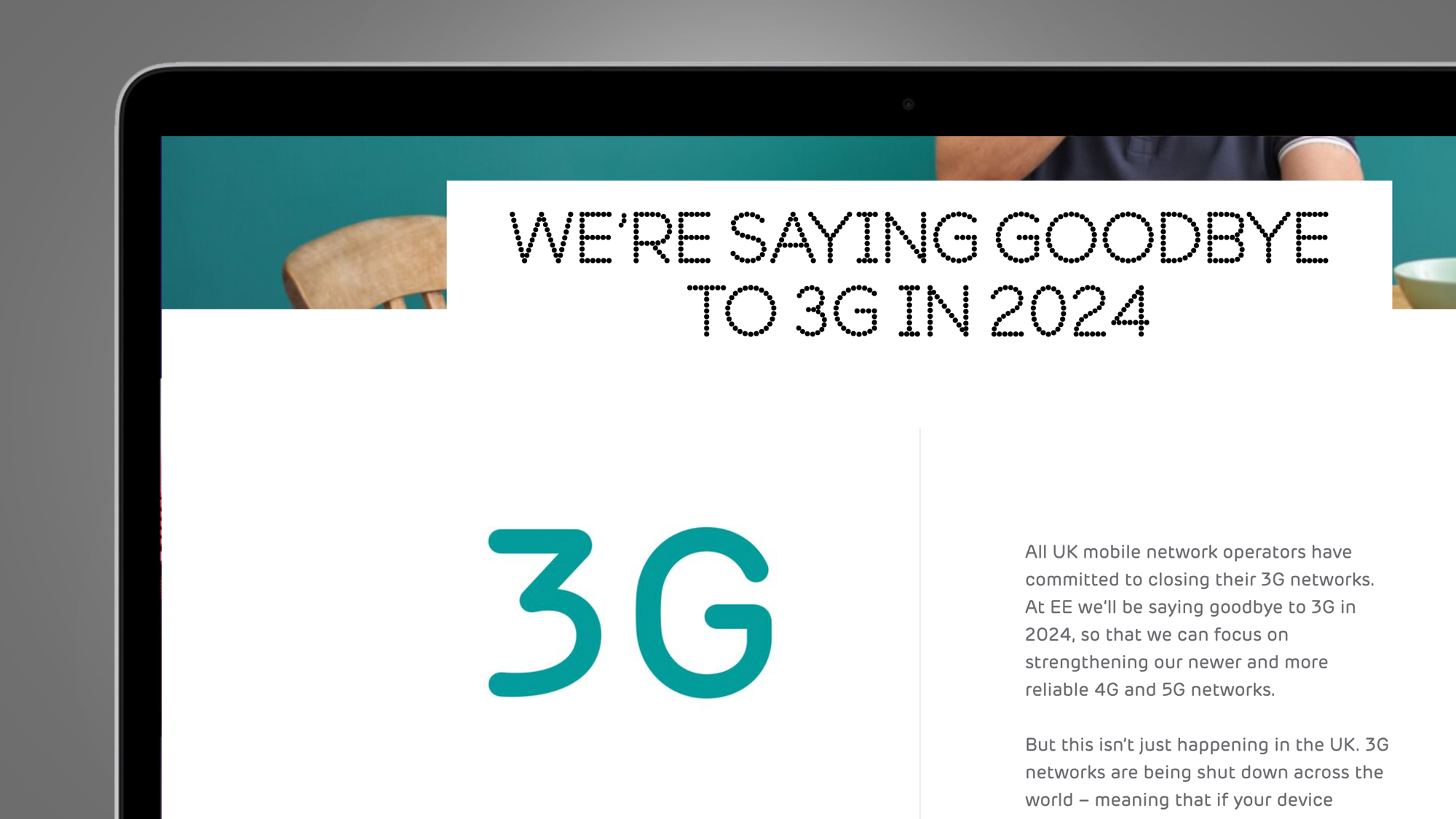
Vodafone has become the first UK mobile phone network to announce that dates for the full shutdown of its 3G network.
The switch-off, which Vodafone has already piloted in Plymouth and Basingstoke, will take place from June. It says this will happen in phases throughout the remainder of 2023, starting with Hull, Oxford and Greater London (in June) before rolling out across the South of England.
After that, Vodafone says that "the remainder of the UK will follow later in the year". All of the UK's big mobile networks have announced that they'll be slowly switching off their 3G networks over the next few years, but Vodafone has become the first to announce the timeline for a full switch-off in 2023.
The network says one of the reasons for its 3G network shutdown is that it'll allow for "faster, more efficient 4G and 5G services", which it says use less energy than 3G. While 3G has been around since 2003, it's now showing its age in terms of speed and reliability.
But what does Vodafone's 3G shutdown mean for you, and will some people now need to upgrade their phones? Here are the five key things you need to know.
1. Vodafone isn't shutting off 2G

If you're on an older Vodafone phone, the slight consolation is that the network isn't shutting off its 2G network. That means you should at least still be able to make calls and send texts, as its 2G apparently covers 99% of the UK population.
But in reality, anyone who's on Vodafone and doesn't have a 4G or 5G phone will likely want to upgrade their handset. 2G doesn't support most modern data services, so unless you're happy to live on Wi-Fi, you'll want to get a phone that supports 4G calling and more.
2. The 3G shutdown should help 4G and 5G speeds

Vodafone claims that switching off its 3G network will give it a "head start on reusing the radio frequencies" for improving the speeds and efficiencies of its 4G and 5G services.
But one factor it doesn't mention is its level of 4G and 5G coverage. Despite claiming elsewhere that its 4G network "covers more than 99% of the UK population", some customers who regularly only receive 3G are concerned that the switch-off could leave them a little stuck in no-mans land.
3. 4G coverage won't be affected, but there could be teething issues
Vodafone says that current 4G coverage isn't affected by its 3G shutdown, so any existing 4G devices – including compatible smartwatches – should theoretically continue to work as normal.
But you may need to brace yourself for a few issues in the immediate aftermath of a switch-off in your area. Vodafone says that "if you’re in one of the areas where 3G has been switched off, you might notice changes to your coverage for a few days afterwards".
4. Vodafone isn't the only UK network shutting down 3G

Vodafone has become the first UK network to confirm a full 3G shutdown before the end of 2023, but it certainly won't be alone for long.
As Ofcom's guide to the 3G shutdown reveals, two of its main rivals – EE and Three – have announced plans to switch off 3G in 2024. EE says it'll be turning off the network in early 2024, while those on Three can expect to see 3G disappear "by the end of 2024".
Lagging behind is O2, which hasn't announced when it'll be following suit. Theoretically, it doesn't have to do so until 2033, which is the official cut-off date for the end of 3G. But the precedent set by Vodafone and others will likely see it make an announcement before then.
5. You don't necessarily need an expensive 4G phone
If you or a relative is worried about being caught out by the 3G shutdown, it's worth knowing that you don't necessarily need to spend big on a future-proofed phone.
Our guide to the best cheap phones contains some bargain options, including the Moto G Fast, and it's possible to go way cheaper than that. Our guides on how to buy a refurbished phone, and how to stay safe buying refurbished smartphones, outlines all of the benefits and pitfalls of going second-hand.
These include using refurbished retailers like Backmarket, and running through a list of checks (like battery life, audio, and cameras) to make sure you've got a good deal. Of course, it's also well worth checking out the best mobile phone deals to see what SIM-free, contract, and SIM-only offers are available on cheaper 4G phones.






